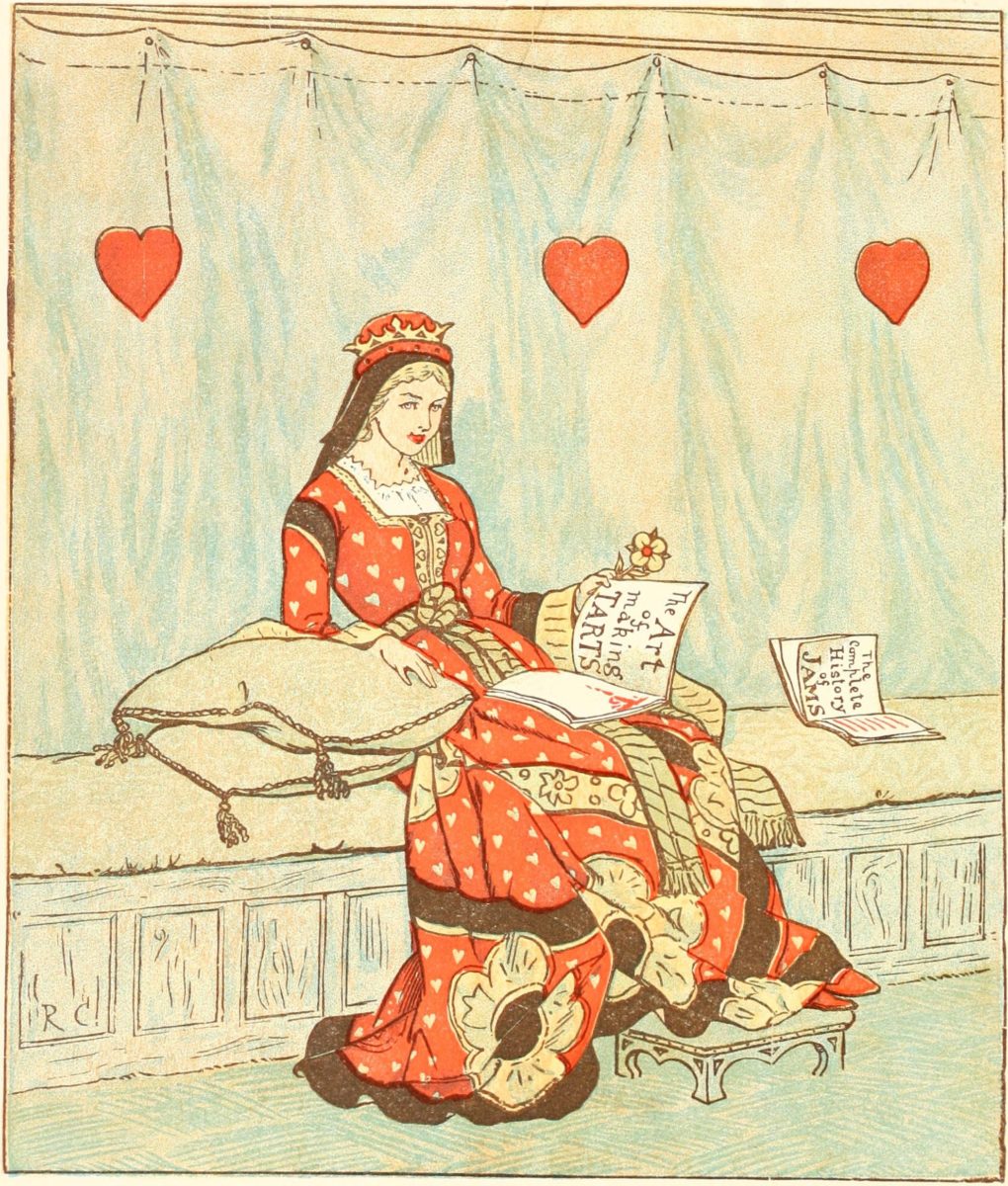
Good morning. It’s 9:57 a.m. on Monday, February 8, 2021.
Where I am in Milwaukee, Wisconsin, USA, it’s 5 degrees Fahrenheit, too cold to do much of anything outside, so I spent most of the weekend sweeping up desiccated pine needles and watching Sydney Pollack’s THE FIRM (1993). What a stacked cast: Tom Cruise, Gene Hackman, Holly Hunter, Ed Harris, David Strathairn, Gary Busey, Dean Norris, Wilford Brimley! It sort of fell apart at the end in my opinion, but what a ride.
Anyway, your song for this Monday is “Soldier of the Heart” by Judee Sill, off of her iconic 1973 album Heart Food. I had a big Nick Drake phase in high school, and Judee Sill is in many ways America’s Drake, with some bespoke Christianity folded in. While I like to think I’m pretty open-minded about music, I’m not usually a fan of Christian music. I should revise that — white Christian music. Christian rock is generally abhorrent to me, though I have a friend who does a killer rendition of “With Arms Wide Open” by Creed, when karaoke was still a thing.
I say white Christian music because while I didn’t grow up with religion, and while I am white, Black gospel music was a part of my childhood. My dad played guitar in two legendary Milwaukee gospel groups: the Masonic Wonders (that’s my dad playing slide on his Stratocaster) and the Queens of Harmony. When I listened to them rehearse, it stirred something in me in ways that other religious music never had before. Gospel music is a holy language unto itself, governed by a mysticism that developed in open rebellion to the white definition of religious music. Listening to the Queens’ triumphal, unrepentant harmonies while my dad picked along, my legs swinging off a folding chair in the audience, something woke up inside me for the first time.
My husband introduced me to Judee Sill shortly after we started dating. At first, I was skeptical of this white Christian singer-songwriter I’d never heard of before. But when I listened to this song for the first time, I got it. This wasn’t Christian music; it was gospel music. The jangling piano followed by the opening bass riff, Judee’s far-away, soul-deep vocals blending with the organ, an electric guitar solo just like my dad played. The backup singers come in halfway through the song, bearing the whole studio on an updraft to the astral plane. One of the backup singers on Heart Food is Gloria Jones, the “Queen of Northern Soul” who sang the original (superior) version of “Tainted Love” 17 years before Soft Cell covered it.
Judee Sill died in 1979 at the age of 35, five years after Nick Drake died at the age of 26. They both died of drug overdoses — cocaine and codeine for Sill, and antidepressants for Drake. While Sill’s music really is “heart food,” listening to it can feel like crashing an intimate dinner you weren’t necessarily invited to.
Sill died ten years before I was born, but she told me something with this song, as clearly as someone standing next to me on the train asking what stop this is. She told me my heart is a well I can always draw from, one that, with the proper care, will never run dry. But her message doubled as a warning: when you draw from the well of your own heart, you don’t always know what the bucket will bring back up.
I hope you have a good week.
